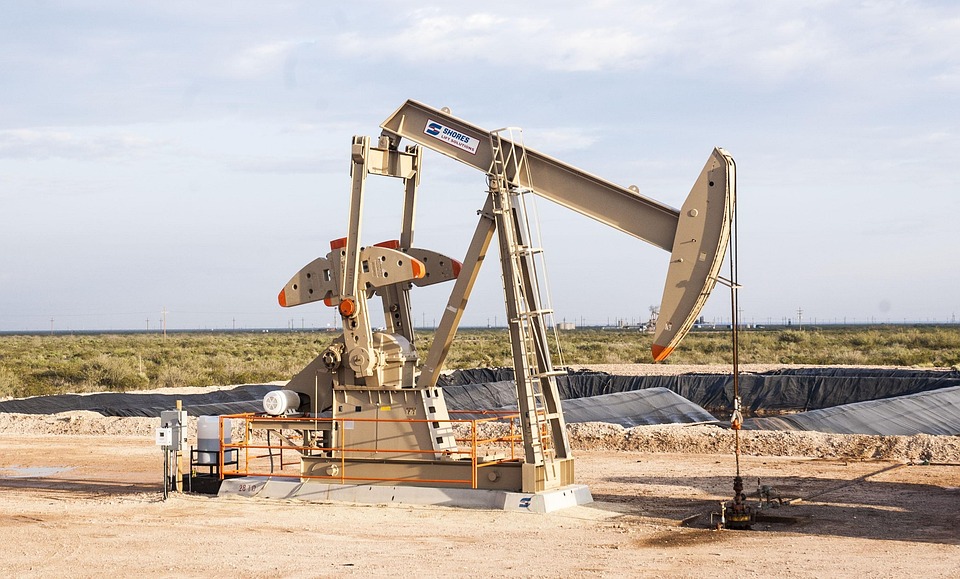Essential Skills and Responsibilities for Petroleum Engineers
In the ever-evolving landscape of energy production, petroleum engineering stands as a crucial pillar. As countries strive to reduce carbon emissions and explore alternative energies, the demand for skilled petroleum engineers is surging. This occupation, classified as a shortage role in the UK, offers not only rewarding career prospects but also opportunities for visa sponsorship, making it an attractive option for professionals across the globe.
The Core Responsibilities
Petroleum engineers play a pivotal role in the exploration and extraction of oil and gas. Their responsibilities are diverse, involving:
-
Reservoir Management: Understanding the geological formations and the behaviour of reservoirs is paramount. Engineers must use advanced simulation techniques to predict how oil and gas will flow, ensuring efficient extraction methods are employed.
-
Drilling Engineering: This involves designing drilling plans that optimise safety and efficacy. The complexities of drilling operations require meticulous planning, not only to maximise output but also to minimise environmental impact.
-
Production Optimization: Once the oil and gas are extracted, the focus shifts to enhancing production rates. Engineers must continually assess and refine extraction techniques, often utilising cutting-edge technology such as enhanced oil recovery methods.
-
Collaboration and Communication: Working closely with geologists, environmental scientists, and other stakeholders is essential. Clear communication ensures that all parties are aligned in their goals and strategies, which is vital in a sector where safety and efficiency are paramount.
Essential Skills
To excel in this demanding field, several key skills are indispensable:
-
Analytical Skills: The ability to analyse complex data sets and make informed decisions is critical. Engineers must interpret geological and engineering data to devise effective strategies.
-
Technical Proficiency: Familiarity with software tools and technologies used in modelling and simulation is essential. Proficiency in programmes like MATLAB and Petrel is often a prerequisite for modern petroleum engineers.
-
Problem-Solving Abilities: The industry is fraught with challenges, from technical malfunctions to environmental regulations. Engineers must be adept at troubleshooting and innovating solutions under pressure.
-
Interpersonal Skills: As projects involve multidisciplinary teams, strong interpersonal skills are crucial. The ability to convey complex ideas simply and effectively can bridge gaps between technical and non-technical team members.
A Bright Future Ahead
The future for petroleum engineers appears promising. With the global energy landscape shifting, the transition to greener technologies does not negate the need for skilled professionals in traditional sectors. Many experts argue that a blend of traditional and renewable energy sources will define the next era of energy production. According to the UK’s Engineering Council, the sector will require thousands of new engineers over the next decade to meet both current and future demands.
Opportunities for visa sponsorship further enhance the appeal of this profession. The UK government actively supports skilled migrants in shortage occupations, making it easier for international talent to contribute to the industry. For many, this represents not just a job, but a chance to forge a career that shapes the future of energy.
Embracing Opportunities with Visajob.co.uk
The journey into the realm of petroleum engineering is filled with potential. As you explore this vital career path, remember that Visajob.co.uk is here to assist you in securing employment in the UK, especially for roles that require sponsorship. Your future in this dynamic industry awaits, and we’re committed to guiding you every step of the way.




